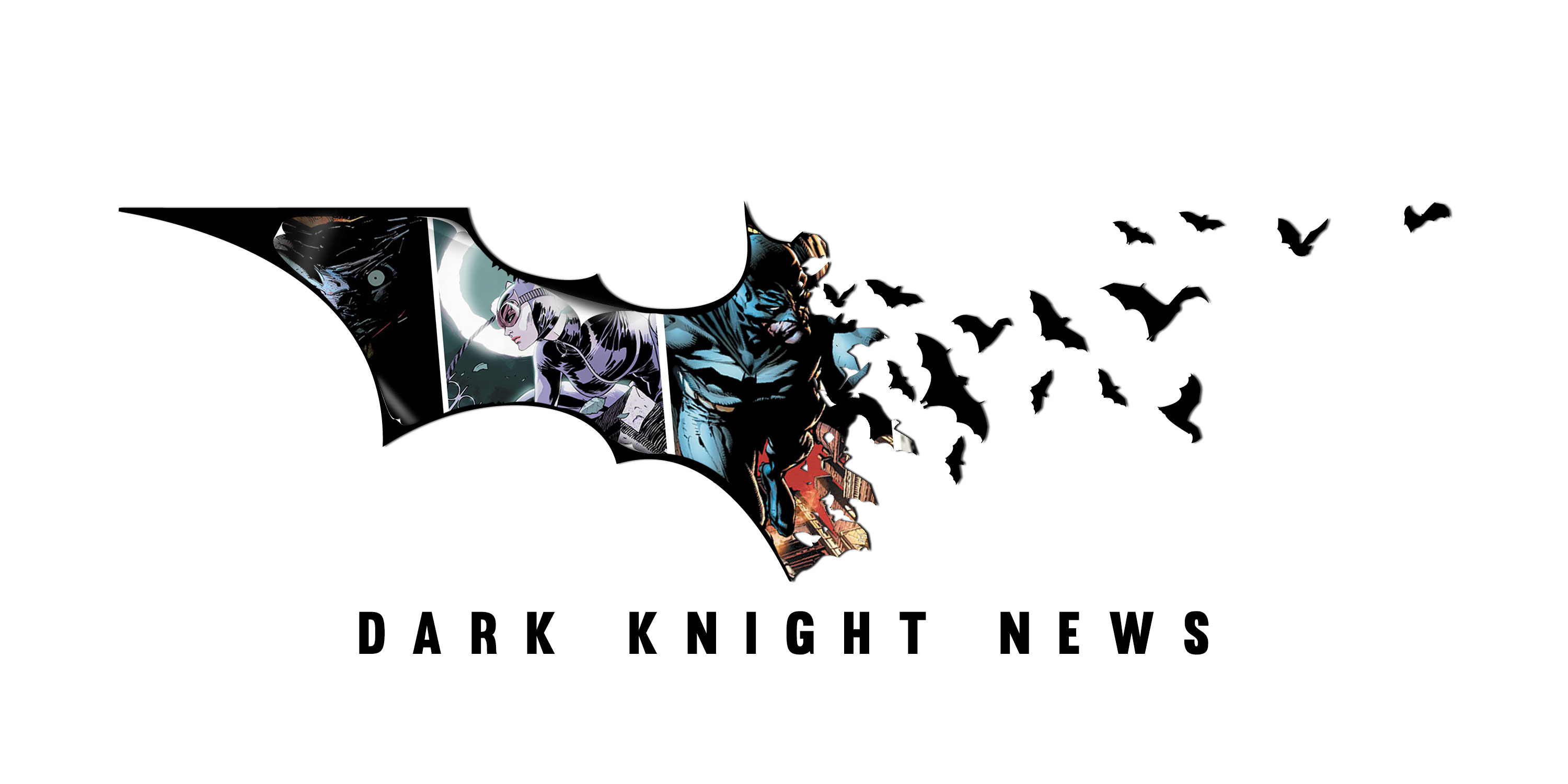SPOILERS FOR MAN OF STEEL AND BATMAN BEGINS
The following is an opinion piece that touches upon some crucial plot points of both Man of Steel (2013) and Batman Begins (2005). Cease to read any further if you do not wish to have these films spoiled for you.
Many of us can agree that the killing, whether characterized as murder, execution, manslaughter, or the like, is something that superheros rarely partake in, if ever.
Those of you who have seen Man of Steel realize a particular potentially harrowing piece of information; the fact that Superman kills the antagonist of the film may disturb some fans of the flying blue symbol of hope. Yes, as we recall, Superman holds the neck of General Zod within his powerful grasp, and snaps it with full force, successfully (and permanently) neutralizing the threat.
Next, consider Batman Begins, which portrays a young and developing Batman who “seeks the means to fight injustice,” and utilizes a combination of theatricality and the element of fear to intimidate criminals. Yet, Batman exercises more than just jujitsu and smoke pellets when he utters, “…I don’t have to save you” to antagonist Ra’s al Ghul, and subsequently allows him to die in the fire-y blaze of a crushing train derailment.
These two instances of superhero-propelled death-to-bad-guys may leave sour tastes in the mouths of those who either do not condone killing, or those who do not appreciate killing initiated by superheroes. Regardless, we need to reflect and consider whether or not such acts of killing are acceptable, and if so, why?
Why does Superman kill General Zod? The answer is simple: Rivaling Superman in strength, General Zod is an immensely powerful entity programmed from birth to devote his life to the preservation of his race of living beings, and will indubitably kill and destroy anyone or anything in his path in order to create a new Krypton, using Earth as the terrestrial template. Furthermore, he explicitly threatened to murder a handful of innocent human beings, right before Superman’s eyes. The issue is as such: Kill one man (or alien), or allow countless innocent humans die.
Why does Batman allow Ra’s al Ghul to die? Ra’s (a.k.a. “the Demon’s Head”) is a man who does not waver in his belief that Gotham City must be destroyed, due to its overall corruption and the perceived inability for it to change for the better; hence, Ra’s leads his band of well-trained ninja-esque terrorists into Gotham with the intention to initiate the deaths of the city’s inhabitants. As clarified in the film, the League of Shadows has previously and successfully eliminated civilizations, including both Constantinople and Rome, and led by Ra’s al Ghul, the League firmly promises to do so again. Not merely displaying respect for his mentor, Batman saved Ra’s once before, prior to discovering the Demon’s true identity and his deathly intention.
One should have difficulty speaking with conviction regarding the justification of killing; yet, death and killing are primary factors of life, and are worldwide elements that pervade essentially every species. Lions eviscerate zebras for food, hunters blast animals for fun and meat, and convicted murderers tend to be legally executed via means of poison or even electricity; this does not justify indiscriminate or general killing, though. Issues of morality and right-vs.-wrong shall forever be up for debate and discussion, and perhaps there is no universally definitive answer regarding whether or not Batman and Superman acted morally or fairly when their actions led to certain death — especially if you consider the option of imprisonment (which most likely does not apply to Zod, due to his immense power and escape from space-prison in a void). However, one thing is undeniable: both superheroes did their absolute best to protect innocent people from imminent suffering and death; additionally, their choices add depth to their characters, which should be flawed, since human beings are flawed, fallible, and imperfect. After all, in order for audiences to engage with the protagonist of a film, they must be able to empathize with the protagonist; still, audiences can relate to a protagonist’s human imperfection, but can they relate to the act of killing for a potential greater good?
Speak your mind! Let us know your stance!
Visit our Twitter and Facebook!



